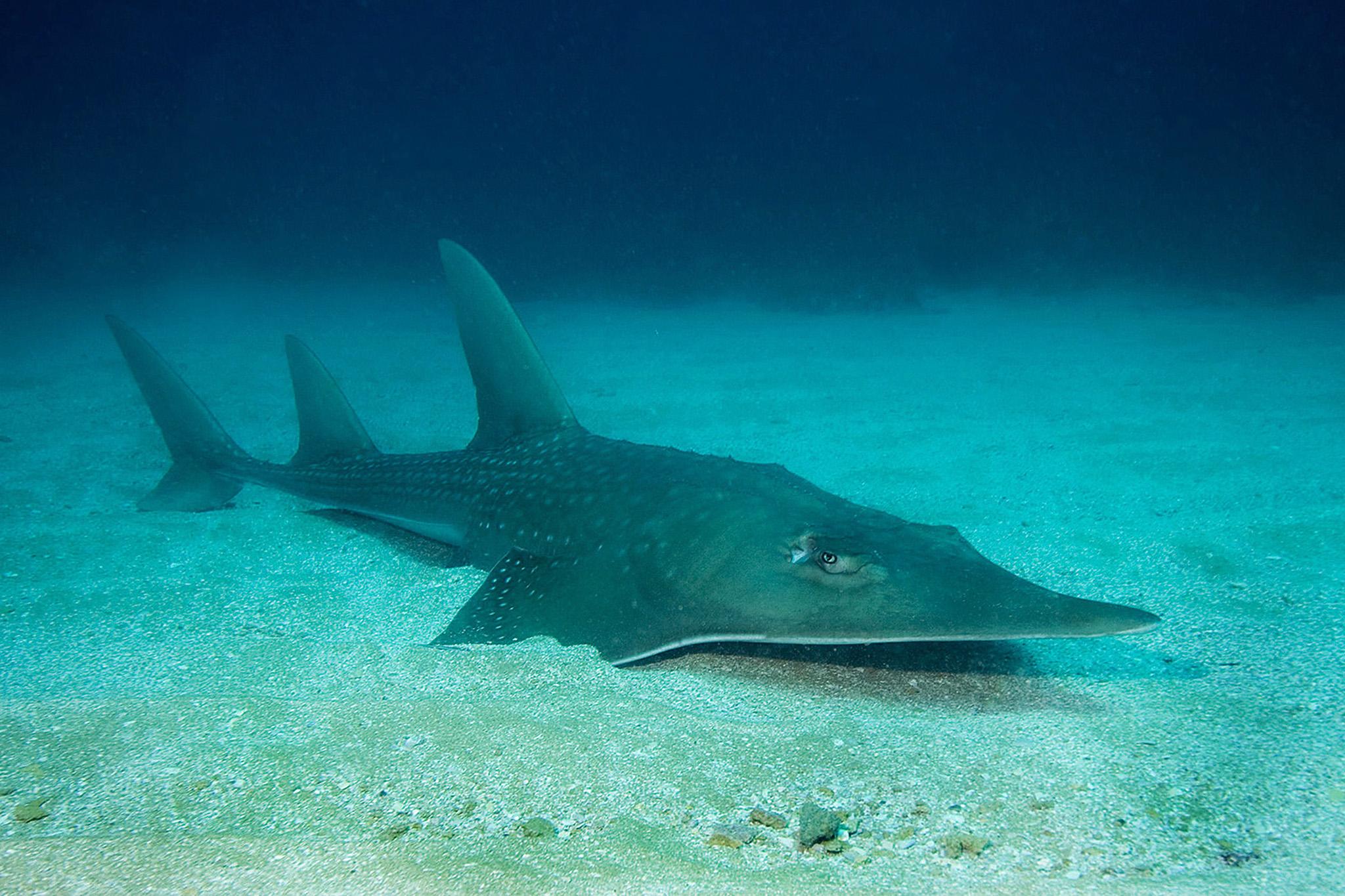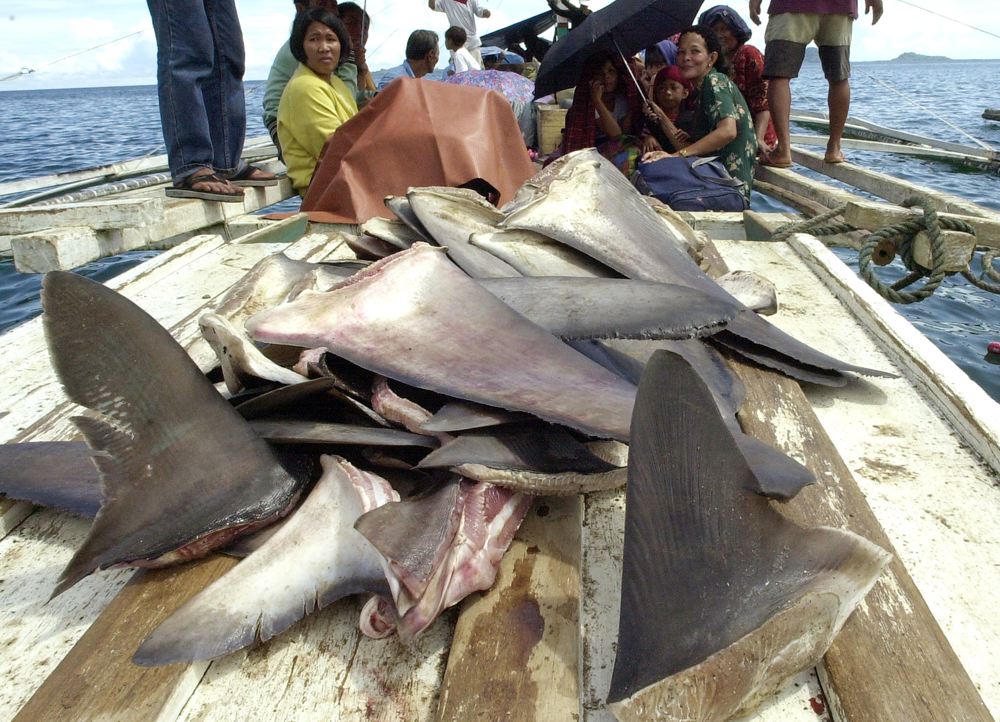‘Rhinos of the ocean’ will go extinct without urgent protection, conservationists warn
‘If we don’t act now, we will lose these animals and the unique role they play in marine ecosystems’

Your support helps us to tell the story
From reproductive rights to climate change to Big Tech, The Independent is on the ground when the story is developing. Whether it's investigating the financials of Elon Musk's pro-Trump PAC or producing our latest documentary, 'The A Word', which shines a light on the American women fighting for reproductive rights, we know how important it is to parse out the facts from the messaging.
At such a critical moment in US history, we need reporters on the ground. Your donation allows us to keep sending journalists to speak to both sides of the story.
The Independent is trusted by Americans across the entire political spectrum. And unlike many other quality news outlets, we choose not to lock Americans out of our reporting and analysis with paywalls. We believe quality journalism should be available to everyone, paid for by those who can afford it.
Your support makes all the difference.Wedgefish and guitarfish known as “rhinos of the ocean” will go extinct without drastic efforts to stop illegal fishing, conservationists have warned.
Known as rhino rays because of their long snouts, they are the most endangered marine group left in the ocean and are relentlessly targeted for their sought-after fins – one kilo of which sells for around £1,000.
Conservationists have warned these animals are now perilously close to extinction as world leaders meet in Geneva for The Convention on International Trade in Endangered Species of Wild Fauna and Flora (Cites).
They are looking to add 18 sharks and rays to the proposed Cites Appendix II – a list of creatures threatened with extinction.
This would mean all six species of giant guitarfishes, all 10 species of wedgefishes as well as two species of mako sharks were much better protected from illegal fishing.

“This meeting likely marks our last chance to initiate the global momentum needed to save these sharks and rays before they are lost forever,” said Luke Warwick, Director of Shark and Ray Conservation at Wildlife Conservation Society representing the coalition of partners.
“We are excited by the unprecedented support for these measures that, if adopted, can drive efforts to bring the unsustainable global trade in shark fins and meat under control.”
There is cautious optimism among the shark conservation community with more than 60 governments already pledging formal support for these proposals.
However, two-thirds of government leaders in attendance must vote in favour for the proposed policies to take effect.
Approximately 31 per cent of shark and ray species are recognised as threatened with extinction and an estimated 100 million sharks are killed annually.
“Their meat is often eaten or traded locally and, along with other sharks, rays and bony fishes, is an important part of coastal livelihoods and food security in tropical countries. Their fins are traded internationally to meet demand for shark fin soup,” Peter Kyne, a research fellow from Charles Darwin University wrote in a piece for The Conversation.
“This exploitation for a high-value yet small body part places the rhino rays in the company of the rhinoceroses in more than name alone.”
Demand for their fins, meat, liver oil and other products continues to drive population declines worldwide. Approximately 17 per cent of the international shark fin trade is regulated, leaving some of the most threatened shark and ray species unlisted and with little management wherever they are found.
“Cites listings will control and limit this deeply unsustainable global trade in fins and meat and will have the strong impact needed to protect these species,” said Mr Warwick. “If we don’t act now, we will lose these animals and the unique and critical role they play in marine ecosystems.”
Saving them will require lots of measures, including national species protection, habitat management, bycatch reduction and international trade restrictions.
Join our commenting forum
Join thought-provoking conversations, follow other Independent readers and see their replies
Comments